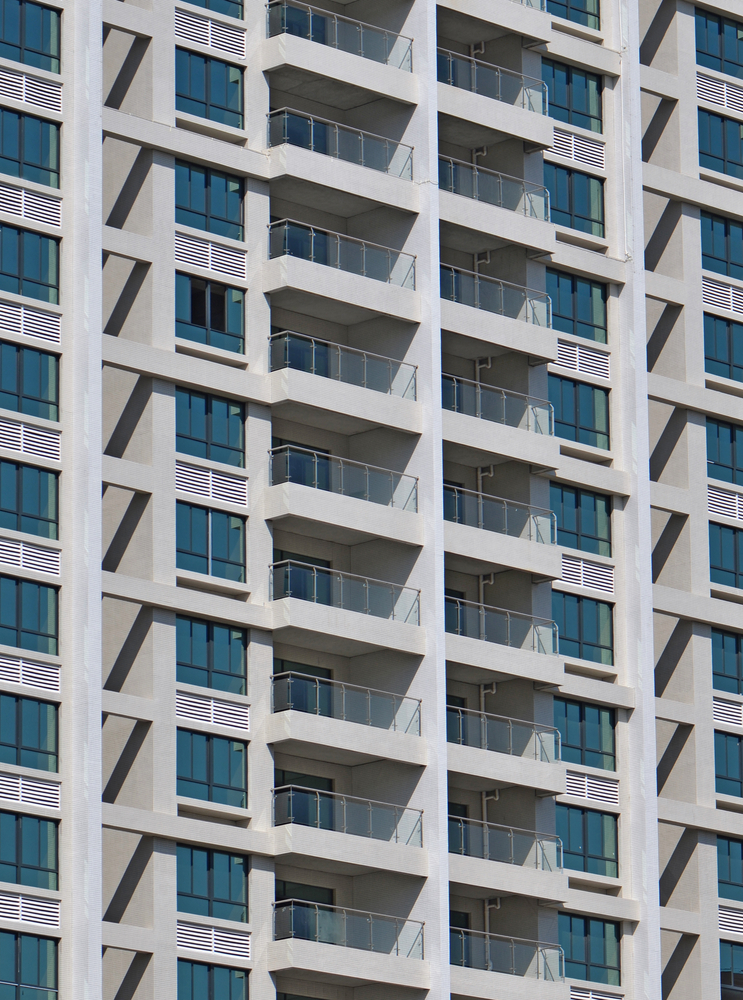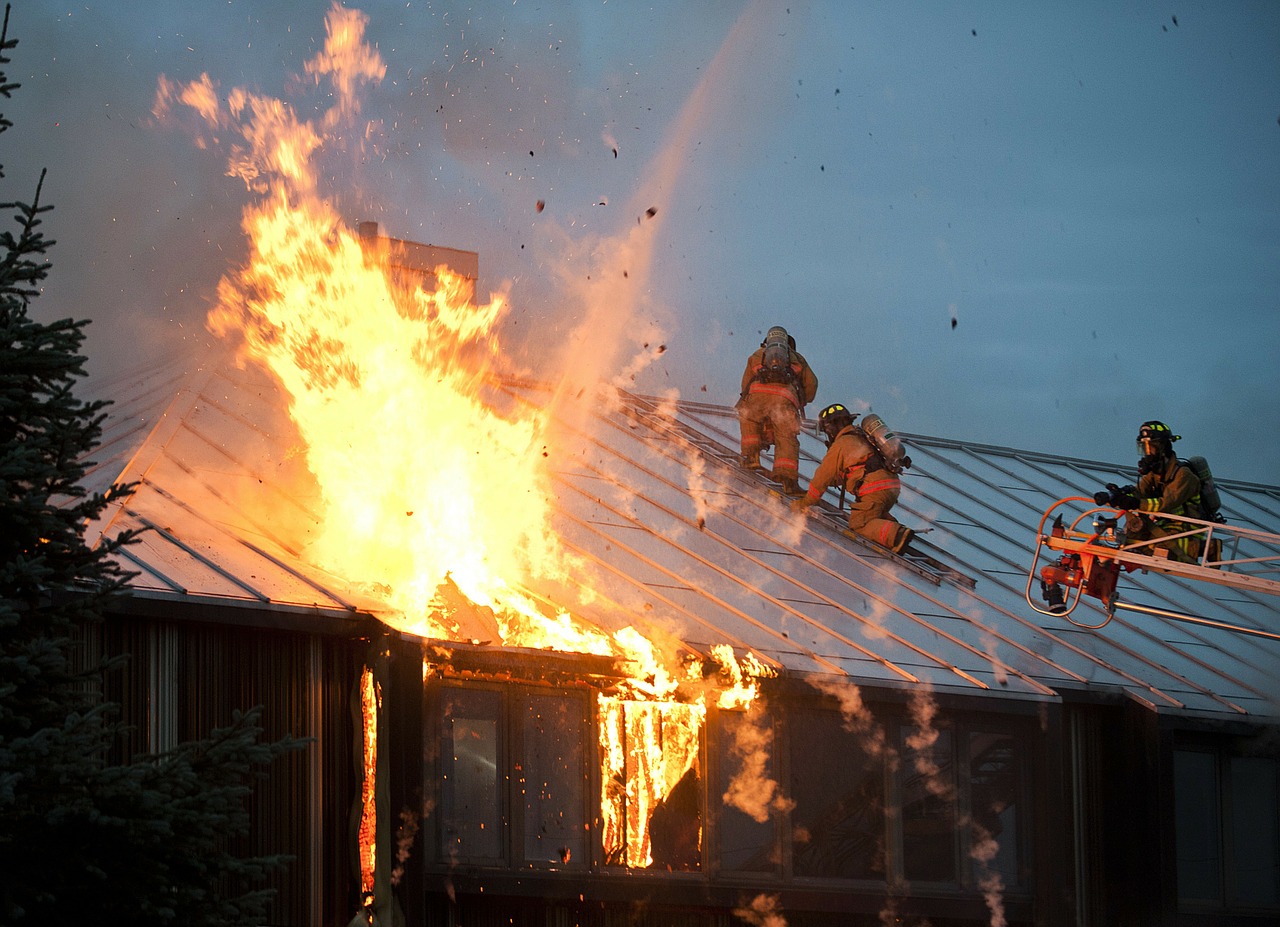Prior to the economic downturn and recession of late 2007, we saw a great deal of development in the condominium marketplace. When the mortgage crisis occurred and subsequent housing bubble, construction development across all real estate sectors took a big hit, including in the condo market. Cities such as Miami had empty high-rises dotting the skyline. In fact, there were 23,000 new condo units from 2003 to 2007 built in Miami and when the bottom fell out it experienced one of the worst condo busts of any city in the country.
Things are now turning around for the condo market in the last couple of years with developers boasting about speedy sales and high prices, according to National Real Estate Investor (NREI). “Construction cranes are rising again in South Florida—like One Brickell CityCentre, an 80-story tower just announced in Miami,” said NREI. Other major markets are also improving although the condominium developments are smaller, selling fewer than 100 high-end units. But there is optimism about larger condominium conversion projects potentially following as developers successfully test the market.
Further signs of this optimism is reflected by the recovery in condominium prices, according to data by Standard & Poor’s Shiller Home Price Indices. “Condo prices in New York and San Francisco are on their way back towards reaching peak levels,” according to the indices, and Boston is reaching new highs.
Moreover, condo prices are rising again in Washington, D.C., growing more than 8 percent in the last year, despite years of cuts to the federal budget, the main engine of the region’s economy. In addition, after years of virtually no new construction, developers in D.C. have begun to market new condo projects. New construction is also slowly returning to Chicago—once one the leading cities in the condominium boom.
Another trend that we’re seeing is new developments moving forward in urban residential strongholds as well as those beginning to pop up in smaller cities, as many Baby Boomers and their kids want to go from suburbia to urban life. Property developers, in fact, see a portion of some 75 million Baby Boomers who are empty nesters wanting to move near the action in vibrant downtowns, especially as they see their home values recuperate, giving them the opportunity and resources to opt for condo living.
As development in the condo market returns, having the ability to offer a comprehensive insurance program, particularly for large properties, is key. Insurance Programs Of America (IPOA) offers coverage solutions for brokers that specialize in writing large properties. IPOA’s National PropertyPro divisions provide commercial property insurance for condominiums: Our Program Division provides schedules up to $250 million with a capacity of $50 million per location, available in all states, limited to Tier 1 and Tier 2 counties; our Brokerage Division offers schedules of up to $1 billion for properties, including coastal risks, available in all states. We can help you deliver a top-quality product and the expertise and underwriting experience needed in insuring large property values. Give us a call at: 877-653-IPOA (4762).







